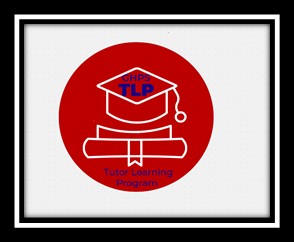Learning Enhancement and Extension
Learning Extension Program


Learning Enhancement and Enrichment at GHPS
The LE program involves small group support, extension and focus on specific areas of learning. Students join in the program for 2 sessions per week across Literacy, Numeracy and STEM strands.
MacqLit
The Macquarie Literacy Program (MacqLit) for small group instruction is a systematic and explicit reading program for groups of readers in Year 3 and above. It includes all the key components necessary for effective reading instruction: phonemic awareness, phonics, fluency, vocabulary and comprehension.
Ongoing Monitoring
Reading fluency reflects a student’s automaticity in decoding. To read effectively and with understanding, students need to be able to decode words effortlessly so that they are not wasting cognitive capacity that could otherwise be deployed in making sense of what is being read. Reading fluency is a powerful predictor of overall reading progress and ongoing monitoring of reading/decoding ability assists with planning targeted support.

Writing Tasks
Students are supported to create writing seeds and use support materials to assist with developing creative ideas. Prompts, shared writing and high quality worked examples all assist in developing an understanding of the structure of writing.
Choral Counting and Counting Collections
Students use bags of assorted items to revise and promote the hands-on approach to counting collections using varied strategies.
Where is the learning?
Depending on the student, the size of the collection, and how the student approaches counting the collection, all of the following concepts could be developed.
- one-to-one correspondence
- cardinality – knowing the last number stated when counting represents the total
- stable order
- estimating
- place value (e.g., teens as ten and some more, 2-digit numbers as groups of tens and ones, etc.)
- connecting a count to a numeral
- skip counting
- multiplicative thinking (e.g., I have five groups of seven and three more)
- division (and how this is related to multiplication)
- flexible counting strategies
- fractions and decimals
- factors and multiples – which can lead to discussions about prime and composite numbers




